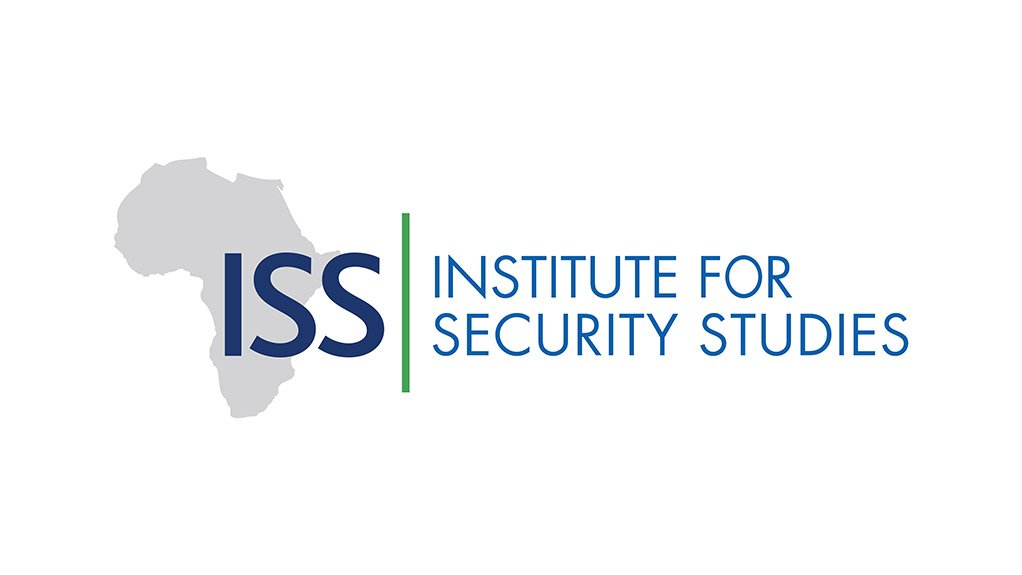Following President Félix Tshisekedi’s contested victory in the Democratic Republic of the Congo’s (DRC) December 2023 elections, democracy hangs in the balance. Amid allegations of irregularities and voter disenfranchisement, Tshisekedi’s re-election underscores deep problems with the country’s democratic fabric.
The Independent National Electoral Commission (CENI) declared Tshisekedi the winner with over 70% of the votes. He was followed by Moïse Katumbi with 18%, Martin Fayulu with 5% and Denis Mukwege with less than 1%.
Many believe the president’s landslide victory is implausible. Opposition candidates and citizens view the country’s synchronised presidential, local, provincial and national polls as a ‘farce’, and calls have been made for a rerun.
Pre-election predictions conducted by GeoPoll suggested that Tshisekedi would win on the basis of limited socio-economic improvements such as free education, and a divided opposition. But the extent of his landslide victory had raised questions about the whole process.
The international community, opposition and civil society groups continuously warned about deficiencies in CENI’s pre-election preparations. An observer mission of the Catholic Church and Church of Christ in the Congo documented 5 402 significant irregularities at polling stations, such as malfunctioning voting devices, unopened polling stations and ballot stuffing. Site de la Misson d’Observation Électorale (SYMOCEL), a domestic observer group, reported that two-thirds of polling stations opened late, and only 57% complied with procedures.
Moreover, despite CENI announcing that 44-million people (of the total 100-million) had registered to vote, no voter register was provided for review and verification. CENI had reportedly declined offers from the African Union (AU) and United Nations (UN) to audit the electoral roll. Instead, an auditor reviewed the figures over five days. CENI also failed to increase transparency during voter registration and rejected the opposition National Episcopal Conference of the Congo’s calls for an independent audit of the voter registry.
The 2023 elections exhibit minimal progress from the pivotal 2018 polls, which represented the DRC’s first chance for a democratic transfer of power. Both elections have been tainted by similar allegations.
In 2018, both the Catholic Church and SYMOCEL reported fraud and irregularities, including being prevented from observing, missing ballots and missing voting machines. Discrepancies arose between tallies of local results compilation centres and polling stations, resulting in the former refusing to endorse the official count.
The AU, UN and Southern African Development Community (SADC) also noted problems with the 2018 polls, with SADC calling on Kinshasa to recount the votes. Despite all these issues, the three regional organisations said overall, the election went well. So it’s probably unsurprising that few of the SADC observer mission’s recommendations for electoral reform were implemented by CENI or the government before December’s polls.
In the 2023 elections, the international community has again overlooked serious electoral flaws. The UN called for a probe only into reports of hate speech and inciting violence, and the AU and SADC haven’t taken a definitive position.
During the 2018 elections, Fayulu emerged as a prominent opposition figure, contesting Tshisekedi’s win. Fayulu labelled the contested poll an ‘electoral coup,’ accusing Tshisekedi of striking a deal with outgoing president Joseph Kabila. This sentiment has also tainted the 2023 polls, with opposition candidates calling for joint protests.
Persistent allegations of irregularities, fraud and political manipulation in 2018 and 2023 have damaged public trust in the electoral process and eroded the credibility of democratic institutions across the DRC. The country desperately needs independent electoral commissions and judicial institutions.
The problem of non-voters will also have far-reaching implications for democracy. The resurgence of M23 and the hundred or so armed groups in east DRC, notably the Wazalendo coalition, meant that voting didn’t happen in Rutshuru and Masisi territories. This disenfranchisement of hundreds of thousands of citizens also marred the 2018 elections and could fuel civil unrest and instability.
The government must remain receptive to dialogue with the political opposition on reforming the electoral process. This will be pivotal to quelling tensions and allowing the opposition to participate in governing the nation. Security in Rutshuru and Masisi must also be bolstered, although current dynamics suggest this will take some time.
Tshisekedi must collaborate with CENI to implement reforms that guarantee integrity, transparency and inclusivity in future elections. Without that, public trust in the electoral process and democratic institutions will remain low, with damaging consequences for the DRC’s stability. SADC, the AU and UN can provide support and expertise in this regard.
Written by Remadji Hoinathy, Senior Researcher, Central Africa and Great Lakes and Nirvaly Mooloo, Intern, ISS
EMAIL THIS ARTICLE SAVE THIS ARTICLE ARTICLE ENQUIRY
To subscribe email subscriptions@creamermedia.co.za or click here
To advertise email advertising@creamermedia.co.za or click here











